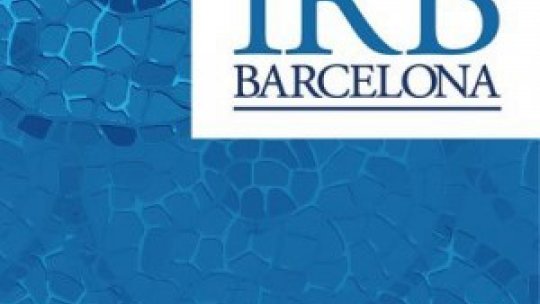Speaker: Prof. Dr. Erich Wanker, Head Neuroproteomics and Molecular Mechanisms of Neurodegenerative Diseases. Max Delbrueck Center for Molecular Medicine (MDC) in the Helmholtz Association. Berlin, Germany.
Presentation
Organizers: IRB Barcelona
Date: Wednesday, 27th November, 12.00h
Place: Fèlix Serratosa, Parc Cientific de Barcelona
Host: Patrick Aloy, PhD., Group Leader, IRB Barcelona, Mechanisms of Disease Programme.
Abstract:
Misfolding and aggregating proteins are highly relevant to over 40 human diseases, many of them neurodegenerative, like Alzheimer’s, Parkinson’s or the rare, monogenic Huntington’s disease.
Aggregate pathology and brain atrophy do not appear randomly, but jointly progress along distinct neuronal networks. This has prompted the hypothesis that self-propagating aggregate species of amyloidogenic proteins, also termed seeds, drive the progression of neurodegenerative disorders. The molecular mechanisms by which seeds are formed and how they alter cellular function are still elusive. My lab has developed innovative in vitro and in vivo approaches to dissect these mechanisms. One powerful tool is the FRASE assay (Ast et al. 2018 Molecular Cell). My talk will report our latest results on seeding and aggregation, the processes they perturb at the transcript and proteome levels and how they lead to toxicity in models of Huntington’s and Alzheimer’s disease.
Extraordinary Plenary Seminar

